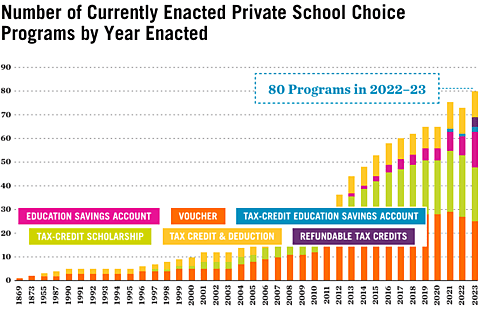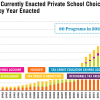The Federal Reserve Bank recently proposed to liberalize capital standards for large banks. Since 2014, the eight largest banks have had to maintain capital that was at least 5 percent of their total assets. The change would reduce that ratio to a range of 3.5 percent to 4.5 percent, a reduction in capital requirements of $13 billion, or 1.4 percent at the holding company level.
After financial crises and bank failures, capital standards are always increased. As memories of the last crisis fade, capital standards are eased. The 2008 financial crisis is no exception.
Even though increased capital standards sound like an appropriate regulatory response to financial crises, they may not even work. According to Columbia Business School Professor Charles Calomiris, in December 2008, Citigroup had a very high regulatory capital ratio of 12 percent but a market value of equity relative to its market value of assets (MVE/MVA) below 2 percent, reflecting the market perception that it was insolvent.
Calomiris proposes linking prudential regulation to the economic value of bank equity. Banks should raise equity in the market whenever a medium-term moving average of their MVE/MVA falls below a threshold, say 10 percent.




















